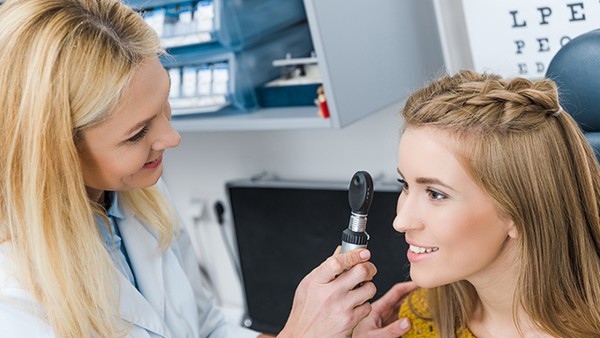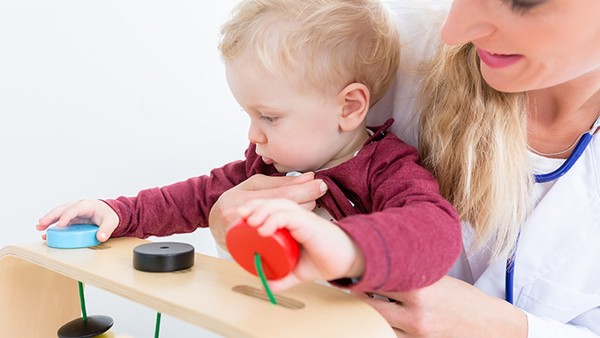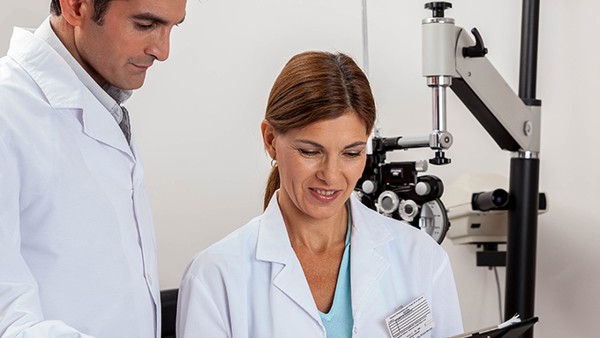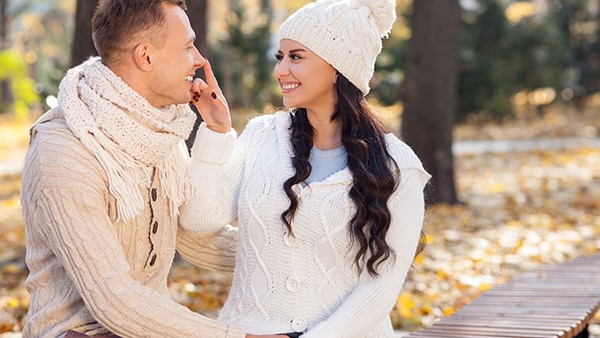Vulvar Eczema: Understanding, Treatment, and Prevention
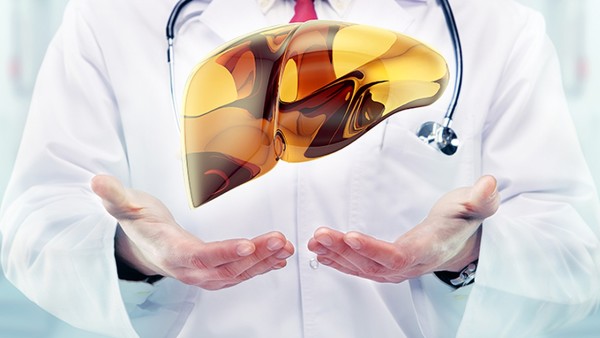
What is Vulvar Eczema?
Vulvar eczema, also known as vulvar dermatitis, is a chronic skin condition that causes inflammation, itching, and dryness of the vulva, the external female genitalia. It is a common condition, affecting up to 10% of women at some point in their lives.
Causes of Vulvar Eczema
The exact cause of vulvar eczema is unknown, but several factors are believed to contribute to its development, including:
Genetics: Some people are more prone to developing eczema due to their genetic makeup.
Allergies and irritants: Contact with allergens or irritants, such as soaps, detergents, fragrances, or certain fabrics, can trigger vulvar eczema.
Hormonal changes: Hormonal fluctuations during pregnancy, menstruation, or menopause can worsen vulvar eczema.
Skin infections: Bacterial or yeast infections can lead to inflammation and irritation of the vulva.
Autoimmune disorders: Certain autoimmune disorders, such as lichen planus or lupus, can cause vulvar eczema.
Symptoms of Vulvar Eczema
The most common symptoms of vulvar eczema include:
Itching: Intense and persistent itching in the vulvar area
Redness: Inflammation and redness of the vulva
Dryness: Scaly, flaky, or cracked skin
Burning or stinging: Painful sensation when urinating or wiping
Swelling: Puffiness and enlargement of the vulva
Diagnosis of Vulvar Eczema
Diagnosing vulvar eczema typically involves a physical examination by a healthcare professional. The doctor will examine the vulva and ask about your symptoms and medical history. A biopsy may be necessary to rule out other conditions with similar symptoms.
Treatment Options for Vulvar Eczema
Treatment for vulvar eczema aims to reduce inflammation, relieve symptoms, and prevent flare-ups. Treatment options may include:
Topical Medications: Creams or ointments containing corticosteroids, calcineurin inhibitors, or anti-inflammatories help reduce inflammation and itching.
Oral Medications: Antihistamines or antibiotics may be prescribed to address underlying allergies or infections.
Sitz Baths: Warm baths with added Epsom salts or oatmeal can soothe and reduce inflammation.
Lifestyle Modifications: Avoiding triggers, using mild and fragrance-free products, and wearing loose cotton underwear can help prevent flare-ups.
Phototherapy: Exposure to ultraviolet light in a controlled setting can help suppress inflammation.
Prevention of Vulvar Eczema Flare-Ups
To prevent vulvar eczema flare-ups, it is important to:
Identify and avoid triggers: Determine which allergens or irritants worsen your symptoms and reduce exposure to them.
Practice good hygiene: Keep the vulvar area clean and dry by washing gently with mild soap and water.
Use fragrance-free products: Avoid soaps, detergents, lotions, and other products with added fragrances or dyes.
Wear comfortable clothing: Wear loose cotton underwear that allows the skin to breathe. Avoid tight-fitting or synthetic fabrics.
Control stress: Stress can trigger flare-ups. Engage in stress-reducing activities such as exercise, meditation, or yoga.
When to Seek Medical Help
If you experience any of the following symptoms, it is important to seek medical attention:
Severe itching or pain: Persistent and debilitating itching or pain
Bleeding or discharge: Any unusual bleeding or discharge from the vagina
Swelling or blisters: Significant swelling or the formation of blisters
Open sores: If the skin becomes broken or develops sores
Infection: Signs of infection, such as redness, swelling, or pus
The above is all the content that the editor wants to share with you. I sincerely hope that these contents can bring some help to your life and health, and I also wish that your life will be happier and happier.
Topic: #do #if #what
